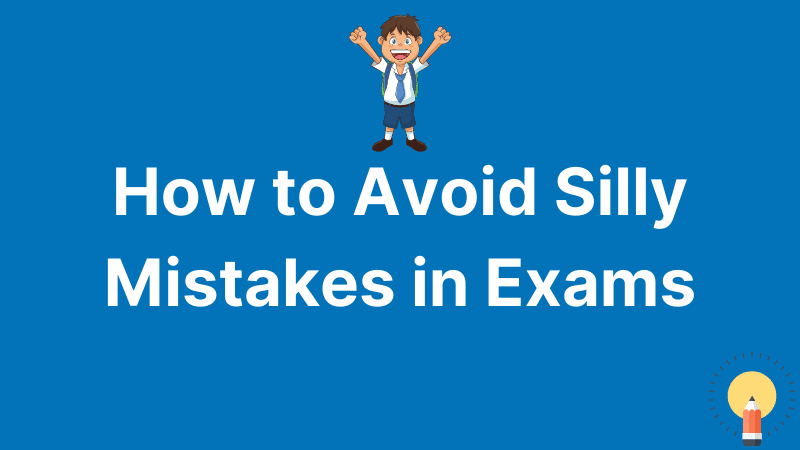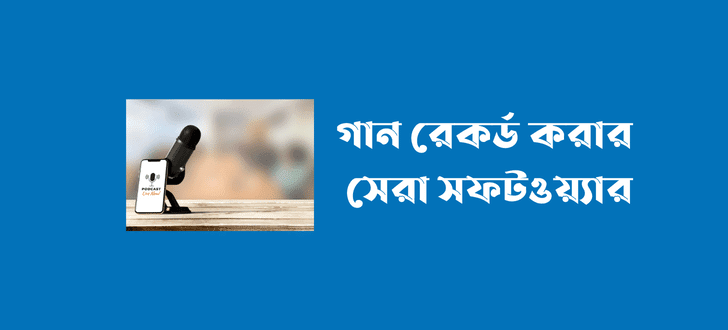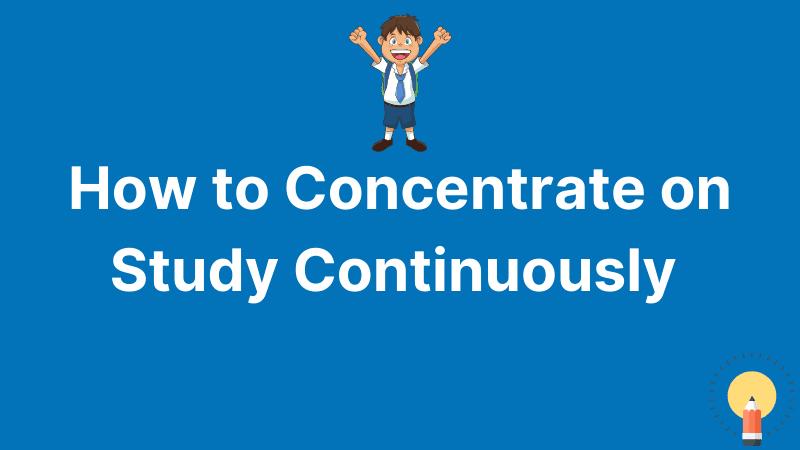How to Avoid Silly Mistakes in Exams [2022]
We've seen a lot of cases when students work very hard but don't obtain the expected outcomes. They put in a lot of preparation time, including mock exams, courses, sleepless nights, additional classes, and other activities. Finally, they must demonstrate their efforts in the tests, when they fail due to a few little errors.
This blog article discusses how students may be more structured in their efforts and enhance their % by avoiding a few errors throughout the test.
1. Practice Mock Tests
This practice will train your mind to remain alert and concentrated throughout the test. You will be able to complete the exam in the allotted time. This can greatly boost your self-esteem. In addition, you should take the mock test at the same time as you will take the major actual exam.
Best Choices for You:
This is one of the most common explanations for test blunders. We simply recall and review all of the crucial subjects from each course that will come up during tests. We omit or miss certain essential and little subjects to remember and update in such races. It has a significant influence on the examinations and outcomes. This is how stupid errors are created. As a result, in order to prevent errors in the tests, you must concentrate on every subject, topic, formula, and major historical date.
2. Analyze Your Pattern of Mistakes
When you obtain the results of your mock tests, sit with all of the errors and analyze your pattern of errors. You should strive to clean it, whether it's the calculation, the delayed response, or the imprecise notions. In a nutshell, aim to keep your errors to a minimum.
If you find yourself making a lot of foolish blunders during tests, you should improve on your exam tactics and study strategy. Preparation skills are critical if you want to do well in your tests. As a result, choose the best issue for your solution. Try to provide as many practice sets as possible. Increase your focus level, read the question carefully, and thoroughly grasp the question. These are quite frequent errors, but if we work on them, we may discover the best approach to prevent them.
As a result, students, here are some key phrases that can help you avoid making dumb errors and do well on the test. To prevent blunders, all you need to do is concentrate on these approaches and put them into action.
3. Read Questions Properly
Many students make the mistake of reading the first part of the question and then assuming the rest, resulting in incomplete or incorrect responses. Make it a habit to read the questions carefully and with a concentrated mind.
4. Never Answer Hastily
Because you know the solution, you could get enthusiastic and write in haste, omitting a few steps. So, even if you know the answer, double-check it for the specific question.
5. Calculation Errors
This is one of the most typical mistakes made by students. The step is accurate; the equation is valid, but the computation is incorrect. Students must work on their weaknesses.
6. Copy the Question Correctly
Many questions need you to transfer an equation from the question paper to the answer sheet. It is quite likely that you will copy incorrectly on the real paper owing to stress or time limits, and hence provide the incorrect answer. So, before you begin answering the problem, review and tally the question/equation from the question paper.
7. Simultaneous Rechecking
It is almost hard to review the whole document after you have completed it. It is stressful for students to finish the test in the allotted time, and rechecking is equivalent to retaking the exam. So, dear pupils, examine every step of the calculation before writing the final solution, and then write the final answer. Even if a mistake occurs, it may be repeated, and there is enough room to write the right computation and answer.
8. Stop Practicing Mock Tests Before the Exam
Do not overwhelm yourself with practicing till the final day; this will put you under pressure. Simply take a look at last year's real question paper and answer it in the time allotted. This will give you confidence that you will be able to accomplish it within the time frame specified.
9. Eat Well and Do Physical Exercise
Consume a nutritious diet and engage in outdoor physical activities such as jogging, walking, cycling, and so on. This will assist you in releasing tension and stress. However, the following foods are the greatest to consume before an exam:
1. Berries: Berries include chemicals, such as anthocyanins, that have been shown to improve mental function.
2. Citrus fruits: Citrus fruit consumption has been shown in studies to increase mental performance and general brain function.
3. Dark chocolate: Flavonoid molecules are abundant in chocolate and cocoa goods. Consuming cocoa products may boost your memory and response speed by increasing blood flow to your brain.
4. Nuts: Nuts are high in nutrients and include vitamins and minerals that are needed for brain function, such as vitamin E and zinc. Eating nuts may aid to enhance one's overall mental health.
5. Eggs: Eating entire eggs will help improve brain function owing to the high concentration of minerals contained in the yolk, such as vitamin B12, choline, and selenium.
10. Good Sleep is Essential
Even the night before a test, getting enough sleep might be beneficial. According to several research, having a full night's sleep before taking a test is associated with better scores and a higher overall GPA.
Other studies, however, have concluded that getting a good night's sleep the night before your test is insufficient. To get the full advantages of adequate sleep, you must sleep soundly for at least a week before your test. Researchers discovered that the prior night's sleep had no effect on exam performance in one study.
When researchers examined the students' sleeping patterns in the week and month before a test, they observed that those who slept longer and had higher sleep quality in the week and month before got better results. In fact, experts estimate that improved sleep accounts for roughly 25% of the difference in academic achievement.






